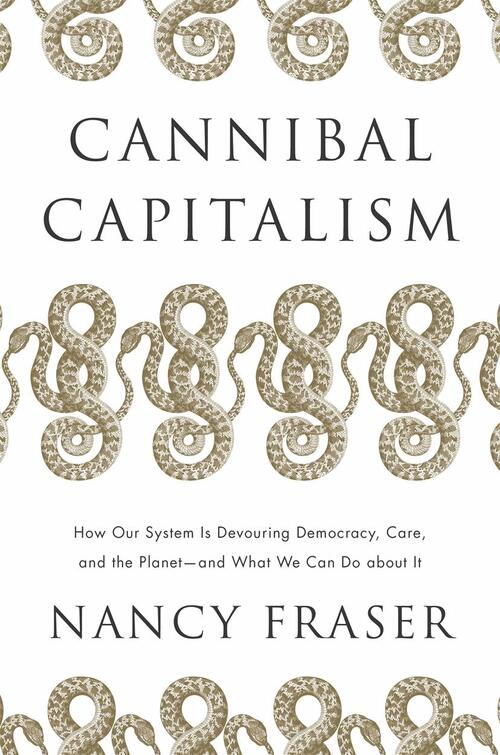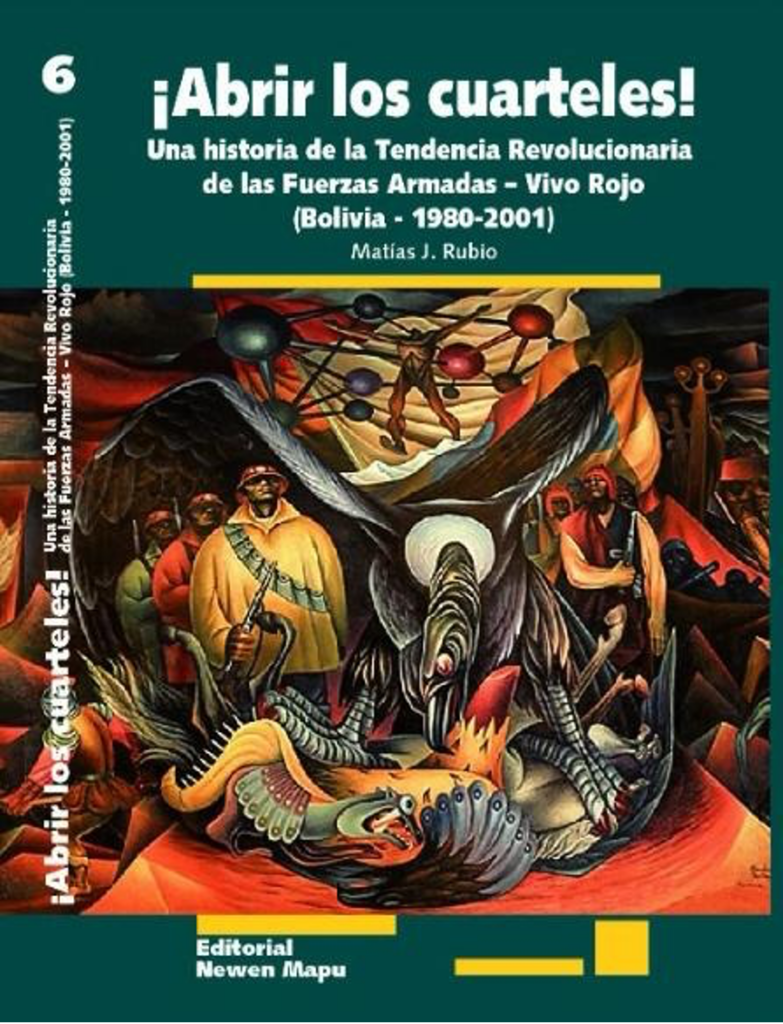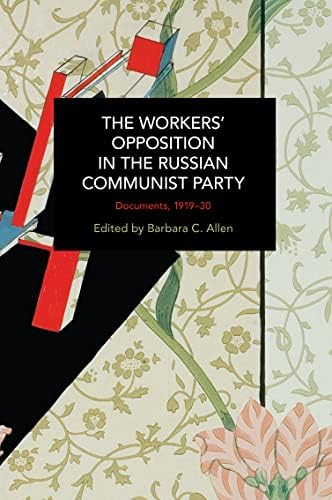Book Reviews
While our journal no longer carries a reviews section, and shorter reviews are now featured on our website, Historical Materialism welcomes articles addressing key contemporary interventions in critical Marxist theory or literature reviews that seek to provide critical surveys of contemporary debates. The word length and criteria for these articles, including the peer-review process, are the same as for other submissions to the journal.
If you are interested in writing articles that critically address recent volumes in critical Marxist theory or critical literature reviews please contact the editorial board in advance with information about the volume(s) under consideration and a short abstract (250 words) outlining your argument.
If you are interested in submitting a shorter review, about a recent Marxist publication to the website, please send us your submission directly to website@historicalmaterialism.org.
Gillian Rose, Marxist Modernism: Introductory Lectures on Frankfurt School Critical Theory
It is likely that most readers will come to this book searching not for an introduction to Critical Theory (though it serves this purpose well) but for an introduction to the thought of its author, the famously difficult English philosopher Gillian Rose. Rose helped put Frankfurt School ideas on the curriculum of British universities, published books of remarkable subtlety and insight and inspired a generation of students (including myself) before, in 1995, her life was tragically cut short by cancer at the age of 48.
Audacity and Ambition, Actuality and Accuracy in the Reconsideration of American Communism
Joshua Morris, The Many Worlds of American Communism (Lanham, Maryland: Lexington Books, 2022), xxiii + 497 pp.
Monism and Difference: A Review of A. Kiarina Kordela’s Epistemontology
The title alone betrays the compactness of A. Kiarina Kordela’s Epistemontology in Spinoza-Marx-Freud-Lacan: The (Bio)Power of Structure (Routledge 2018). This is a critique of modern thought and politics, including metaphysics, political economy, psychoanalysis, and structuralism, and of the ideological wrapping that enfolds them within separate domains of interest and insight.
Nancy Fraser’s Cannibal Capitalism: An Extended Discussion
Nancy Fraser begins her most recent book, Cannibal Capitalism, by noting that the ‘current boom in capitalism talk remains largely rhetorical’.[1] Against this backdrop, the book seeks to equip a wider audience with an accessible framework to analyse ‘all these horribles’.[2] To do so, she upcycles and synthesises some of her earlier works, weaving them together through the metaphor of cannibalism which serves to symbolise capital’s undermining of its necessary background conditions.[3]
Jon Elster on French Absolutism and its Collapse in 1789. A Review of France Before 1789: The Unraveling of an Absolutist Regime
By Stephen J. Miller
Everything Goes: Three Problems with The Dawn of Everything A Review of The Dawn of Everything by David Graeber and David Wengrow
by Peter Kulchyski
Communists are Optimists by Profession: The Forgotten Story of the Hungarian Commune. A Review of Optimisti: roman jedne revolucije [The Optimists: The Novel of a Revolution] by Ervin Šinko
Following a failed counterrevolutionary uprising in Budapest in June 1919, the Hungarian Bolsheviks captured a group of young cadets from the Ludovica Military Academy who had participated in the revolt. The young men must have been horrified. They had no idea what fate lay in store for them, but they were sure it would not be good. They had heard stories of the ‘Red Terror’, of ‘Jewish Bolsheviks’ roaming through the streets and summarily executing people like themselves. Their sentence was handed out at the suggestion of Ervin Sinkó, one of the commanders of the revolutionary defence: as punishment for their crimes against the revolution, they would have to read Dostoyevsky’s The Brothers Karamazov.












